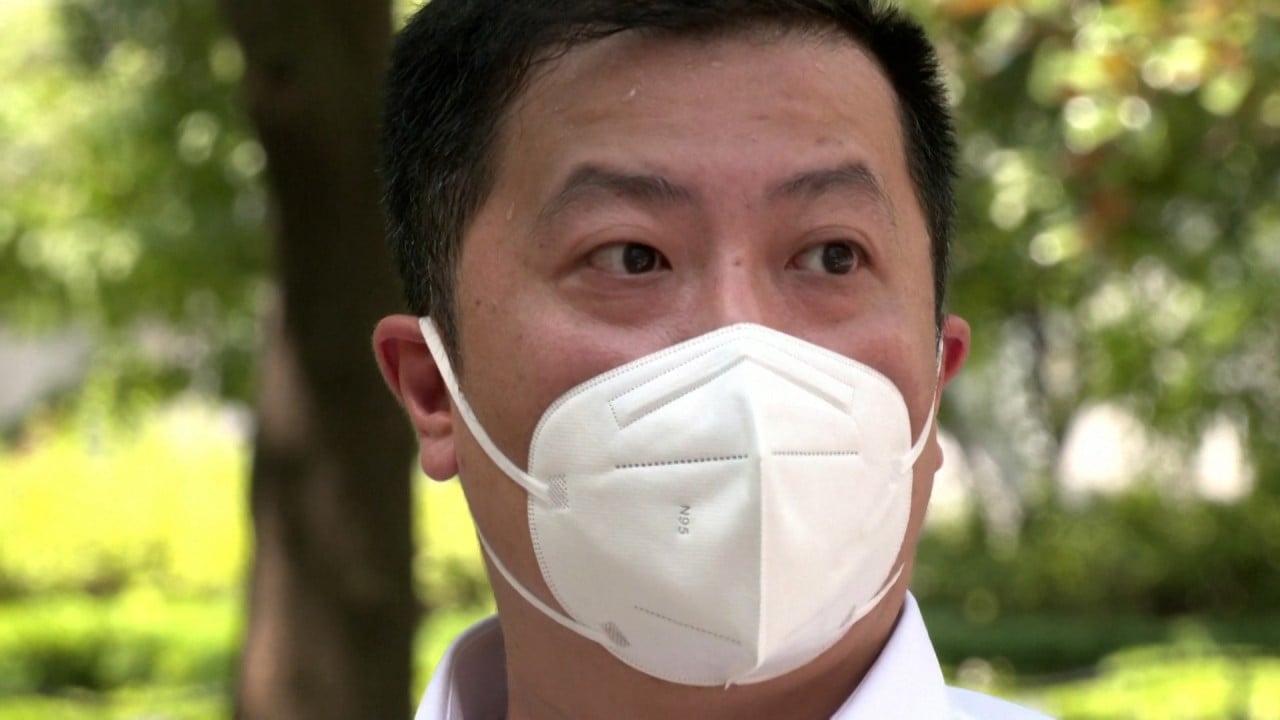
As China’s youth unemployment keeps rising, Beijing says regional governments need to step up
- Vice-Premier Hu Chunhua pushes for more effective recruitment initiatives and says greater job creation should occur, with an emphasis on supporting fresh graduates
- But economists continue to note that China’s zero-Covid policy makes it difficult for businesses to hire, unsure of when the next lockdown may come
More effective measures should be taken to stabilise China’s employment situation, especially for college graduates who are finding it increasingly difficult to secure jobs, according to Vice-Premier Hu Chunhua.
Hu said that although the current situation is generally positive, complex problems remain unsolved, and his pointed reference to fresh university graduates came on the heels of last week’s official figures showing that the youth unemployment rate – for those aged 16-24 – reached a record high 19.3 per cent in June.
Hu was speaking on Sunday during a trip to Zhejiang province that state media said involved his supervision of work related to stabilising employment, without giving further details.
Zhejiang is located near Shanghai, where lockdowns during the year’s second quarter pushed the city’s urban unemployment rate well beyond the national average.
China’s youth unemployment hits record high in June: nearly 1 in 5 out of work
In June, the youth unemployment rate for the 16-24 age group in the United States was 8.1 per cent, up from 7.8 per cent in May. In May, the European Union’s youth unemployment rate was 13.3 per cent. And in Japan, the rate stood at 3.8 per cent in May.
In South Korea, the unemployment rate among those aged 15-29 fell from 7.2 per cent in May to 6.9 in June.
China’s National Bureau of Statistics attributed the considerable job pressure facing young adults to factors such as diminished recruitment demand and delays in offline recruitment efforts because of the coronavirus, as well as to the recent massive injection of university graduates into the labour pool.
This year, the number of fresh college graduates in China exceeded 10 million for the first time, reaching a record 10.76 million, or 1.67 million more than the same time last year.
Hu suggested that all regions carry out various recruitment activities for unemployed graduates and try to create jobs by all means possible. Additionally, he said more needed to be done to protect the livelihoods of jobless graduates.
Guo Lei, director of the China Chief Economist Forum, said the reason for the upward trend in unemployment among those aged 16-24 was essentially the lack of economic growth in China and, to a lesser extent, the poor development of the service sector, which has historically absorbed more jobs for young people. He also spoke about the difficulties companies face in recruiting.
“In the short term, only stable economic growth can solve the employment problem, fundamentally,” Guo said on Friday during an online seminar examining the economic and policy outlooks for the second half of the year.
The increase in unemployment among young people indicates that the creation of new jobs is inadequate
Yao Yang, dean of Peking University’s National School of Development and director of the China Centre for Economic Research, also suggested at the same online seminar that it was time for China to move on from its strict zero-Covid policy.
He suggested that the goal instead should be zero infections among people who engage in social activities, rather than implementing mass lockdowns that include those who test negative for the virus.
This approach, he said, would help stabilise economic expectations and get more people back to work.
“The increase in unemployment among young people indicates that the creation of new jobs is inadequate,” Yao said. “A very important reason is that people’s expectations of the economy are unstable, resulting in companies not hiring new people easily.”
With new cases still prompting widespread testing in Shanghai and other regions, various cities are again imposing mobility restrictions, in accordance with zero-Covid.
These moves will inevitably affect the prospects and outlooks of both jobseekers and companies, Yao added.
“If we just strive for a socially active population that’s free of infection – so people can travel with peace of mind and companies’ expectations for the future can be stabilised – they will start recruiting new staff again,” he said.
“The mutated coronaviruses are showing a strong coexistence with humans now, and we should adapt to this change.”


